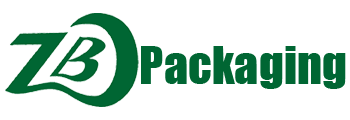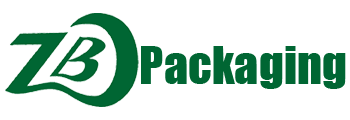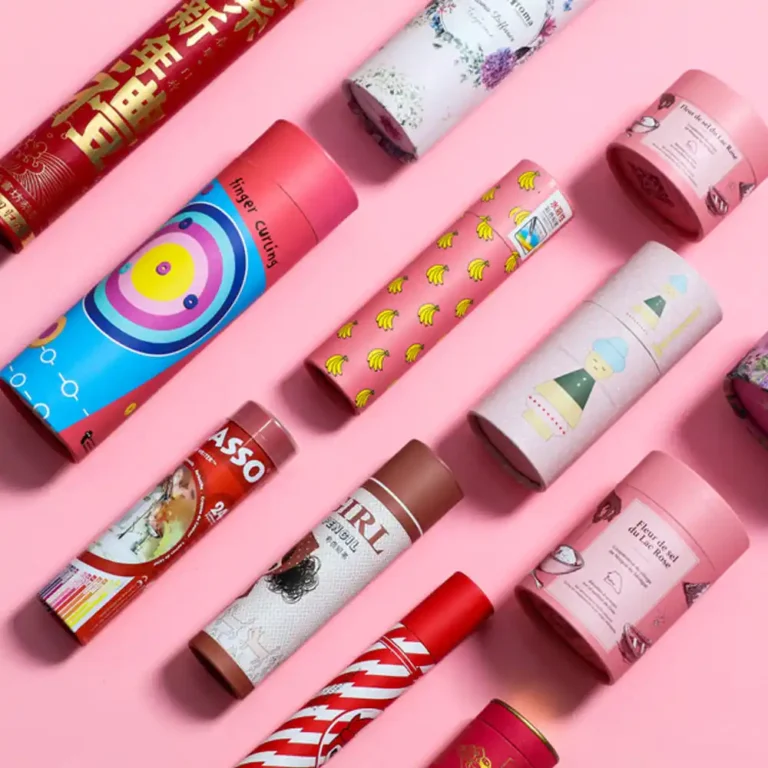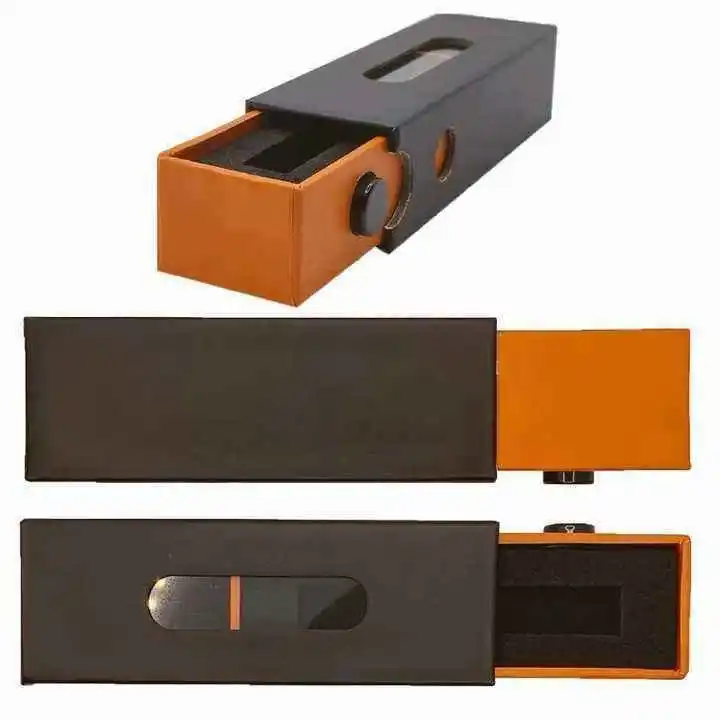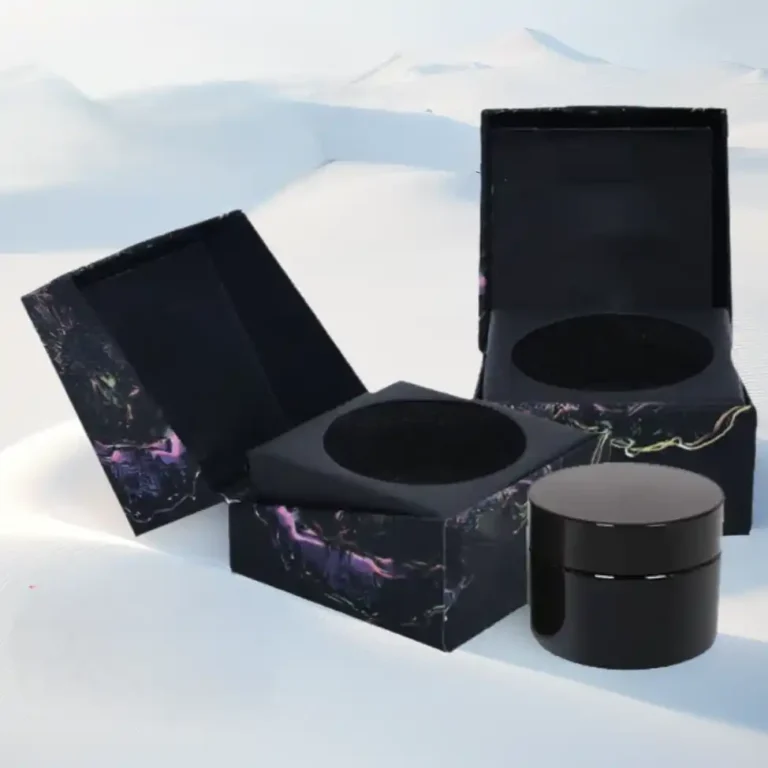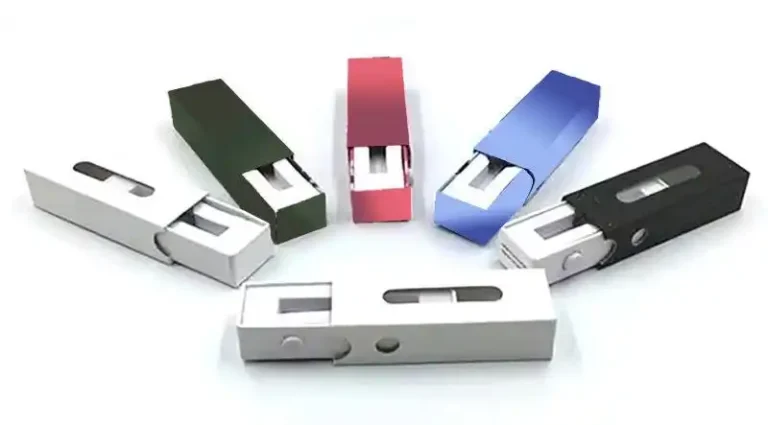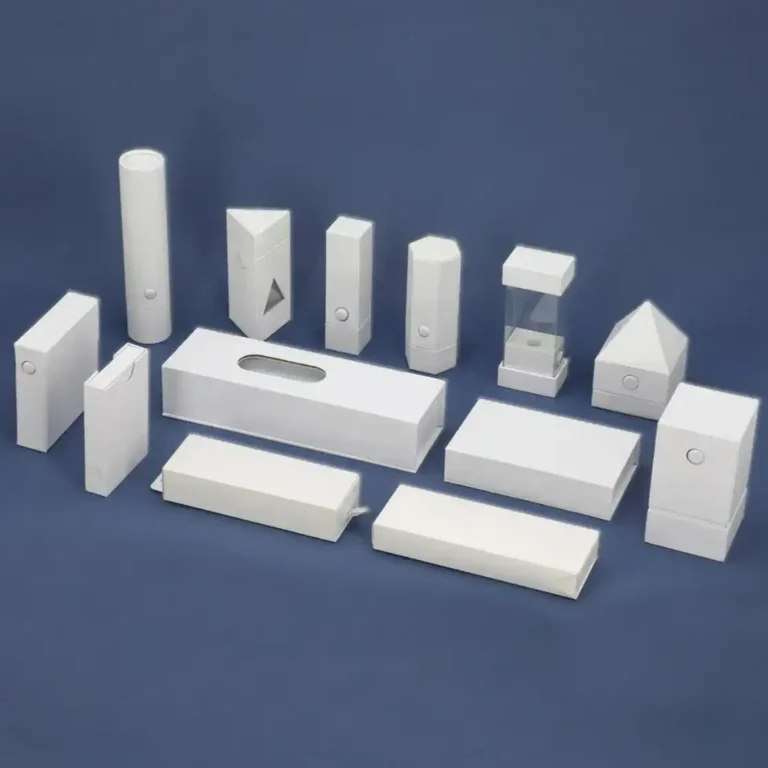Film Laminating Process: The Quality Of Paper Gift Bags From Practical To High-End
Introduction
If paper can speak, it would confess that lamination is its preferred attire– sleek, safety, and created the spotlight. A thin film turns normal paper gift bags into certain carriers that resist scuffs, brush off drizzle, and keep graphics sharp from store shelf to taxi adventure. Below, we trace the functional, technical, environmental, and commercial moves that elevate bags from practical to premium, with real product cues from our own lines like paper gift bags and luxury black paper apparel shopping bag with gold foil logo.
Table of Contents
1. Functional Revolution: Laminating breaks the durability and scene limitations of paper bags
Abrasion resistance and moisture protection
Lamination adds a protective skin that resists shelf wear, rubbing in transit, and light spills. Inks lock in, edges stay clean, and branding arrives intact. See how this reading translates into real SKUs like the luxury matte black paper gift bags with gold foil logo and the custom color-printed gold paper gift bag with ribbon handle.
Structural stiffness and handle reinforcement
Film increases surface rigidity and tear resistance, so panels hold shape under load and handle holes resist creep. That’s why premium lines such as custom luxury paper gift bags with rope handle feel steady even with heavier contents.
Tactile finishes that guide perception
Gloss energizes color and contrast; matte calms glare for an editorial look; soft-touch slows the unboxing moment. Anti-scratch and anti-fingerprint options keep each finish looking fresh through retail handling and reuse. For a softer, bridal-white aesthetic, explore the matte white luxury gift paper bag with silk ribbon handle.
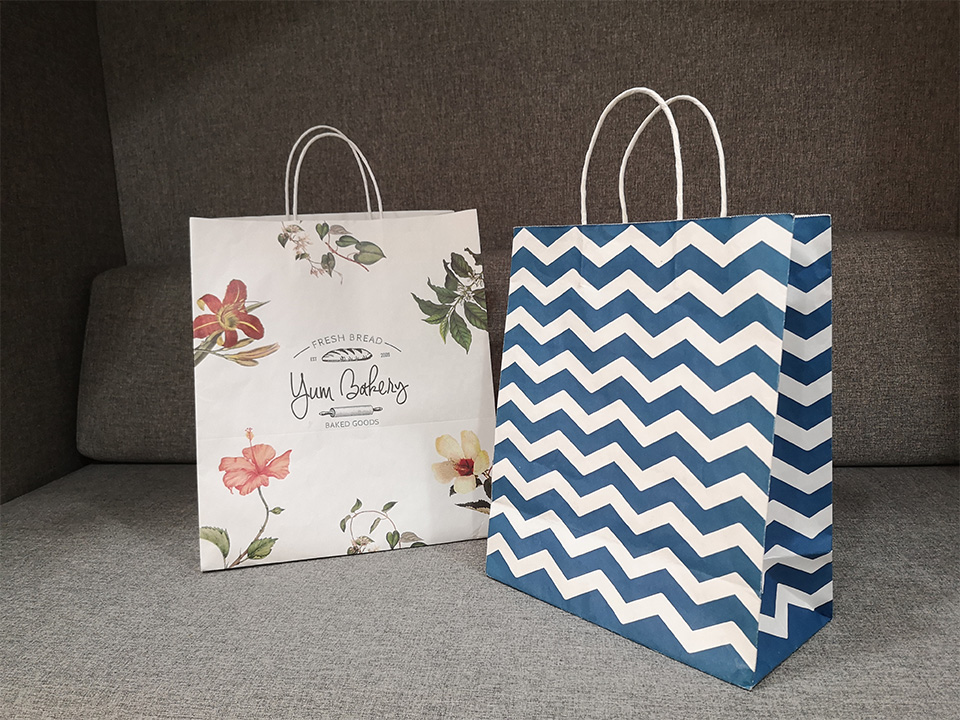
2. Process evolution: technical game between pre-coated film and ready-coated film
Pre-coated lamination
Thermal films (often BOPP/PET with heat-activated adhesive) bond under temperature, pressure, and dwell time. They’re clean to run, quick to set up, and ideal for short runs or frequent artwork changes.
Ready-coated lamination
Wet lamination applies liquid adhesive in-line to standard film, then bonds under pressure and drying/curing. It unlocks broader adhesive chemistries and tunable laydown for special stocks and demanding post-press effects.
Choosing by run-length, finish, and post-press
- Throughput & cleanliness: Thermal simplifies cleanup and changeovers.
- Layflat & curl: Balance film caliper, web tensions, and chill rollers—matte is more curl-sensitive.
- Fold endurance: Optimize temperature windows and scoring to prevent micro-cracking on dark solids.
- Decor compatibility: Confirm foil, spot UV, and emboss performance on your laminated stack.
For brand families that mix bags with cartons, aligning lamination specs with your printing services keeps colors, gloss levels, and tactile cues consistent across formats.
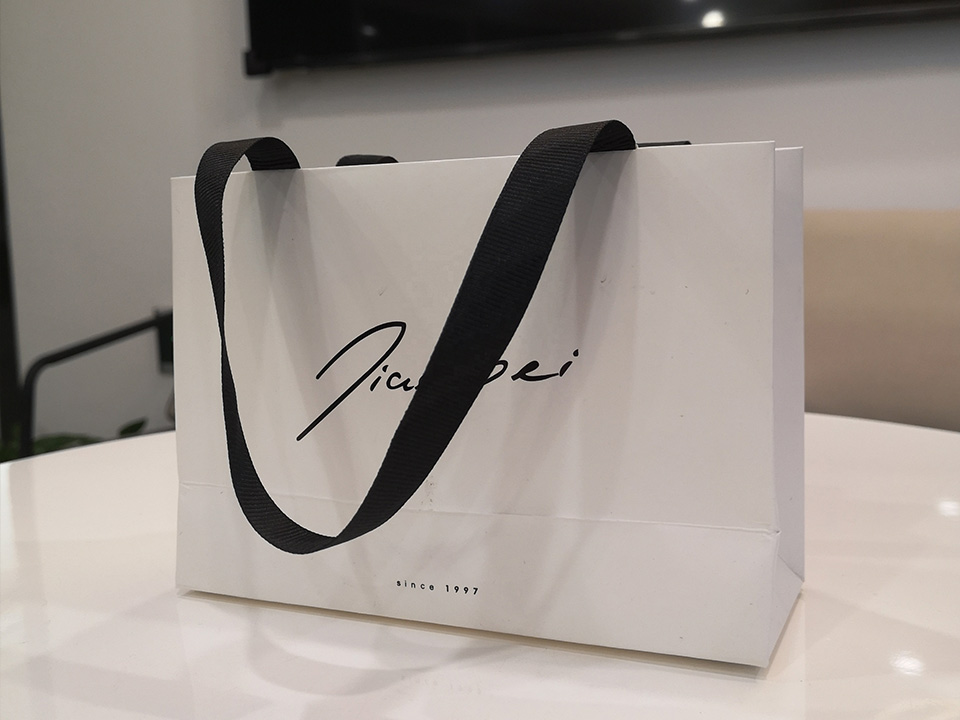
3. Green breakthrough: Industrial revolution of bio-based coating materials
Water-borne and bio-based coating systems
Next-gen laminations are leaning into water-borne adhesives, lower-VOC chemistries, and bio-based resin layers. The goal: preserve the premium handfeel while reducing fossil inputs and emissions.
Design for recovery and material efficiency
Where local recycling supports it, mono-material thinking (paper plus de-laminable coatings) improves fiber recovery. When high-gloss is essential, thinner film gauges can lower material intensity without sacrificing performance. If you need a coated paper route, browse customized coated folding paper shopping bags with handle for visual benchmarks.
Practical spec moves for brands
Set film gauge targets, adhesive limits, and recovery guidance directly in briefs. Pilot matte or soft-touch water-borne systems on limited runs, validate rub/peel, then scale. For cosmetics and fashion, lines like custom top-quality paper gift bags for cosmetics shopping show how finish, texture, and sustainability messaging can travel together.
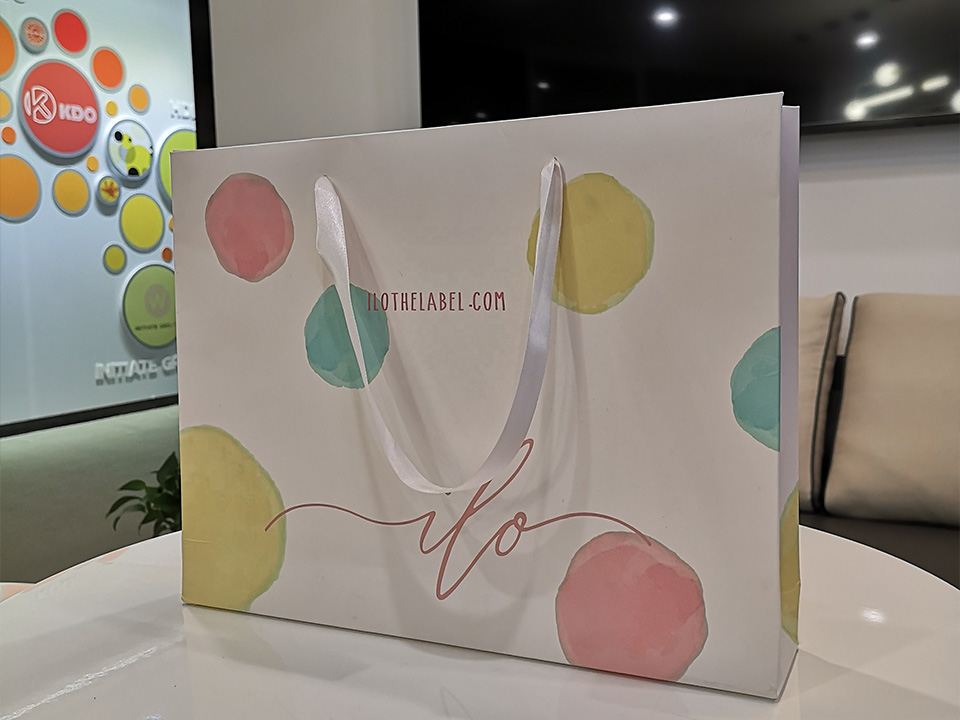
4. Business empowerment: coating technology shapes brand premium space
Finish as a pricing and positioning signal
Finish is the first whisper of value. Gloss shouts energy; matte suggests restraint; soft-touch says “hold me.” Consistent lamination tightens logo edges and keeps color systems accurate season to season—crucial when you’re building a coordinated range from paper gift bags to specialty boxes.
Portfolio coherence and multi-SKU agility
Standardizing film families (gloss/matte/soft-touch), calipers, and lamination windows simplifies vendor onboarding and speeds seasonal art swaps. If you’re just starting, share goals and references via our homepage—it accelerates sampling and quoting.
Retail durability reduces waste and protects brand equity
Bags that survive stockroom handling, event days, and humid weather keep perceived value high and your launch photography on-brand after day one. For fashion-forward sets, contrast matte neutrals with metallic accents as seen in the luxury gift paper bag with ribbon handles and foil logo.
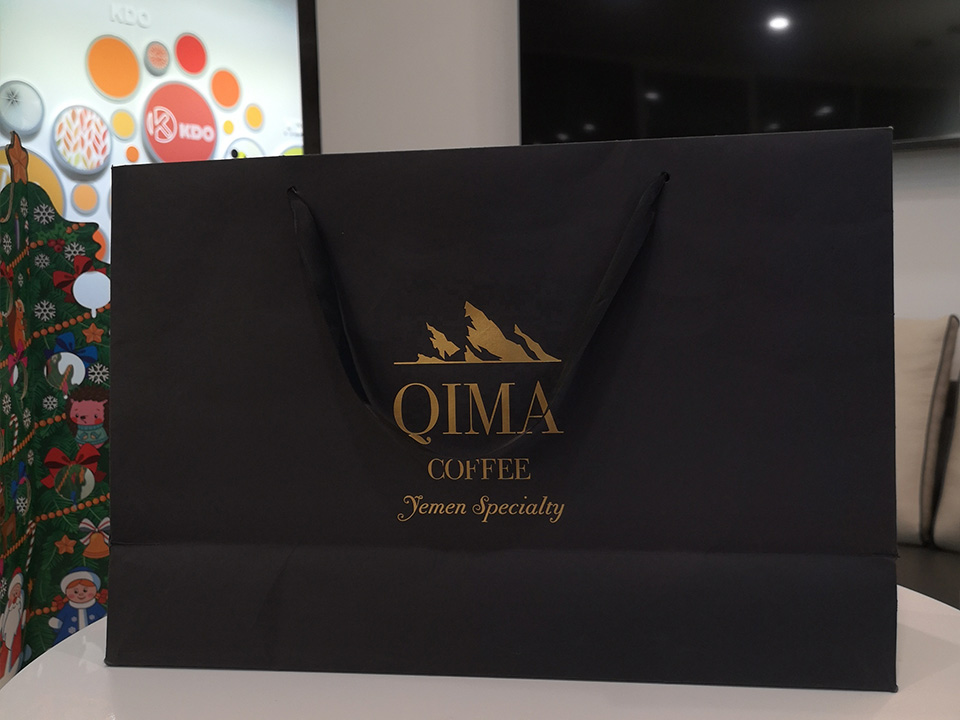
Summary
Lamination upgrades paper gift bags on four fronts: tougher in use, cleaner in print, more sustainable in chemistry, and sharper in brand storytelling. With the right process—thermal or wet—and a thoughtful finish stack, a humble carrier becomes a durable brand asset that delights hands, eyes, and cameras from storefront to take-home. When you’re ready to brief, browse our paper gift bags catalog, compare finishes from matte white luxury gift paper bag with silk ribbon handle to luxury matte black paper gift bags with gold foil logo, or start the conversation at our homepage.




